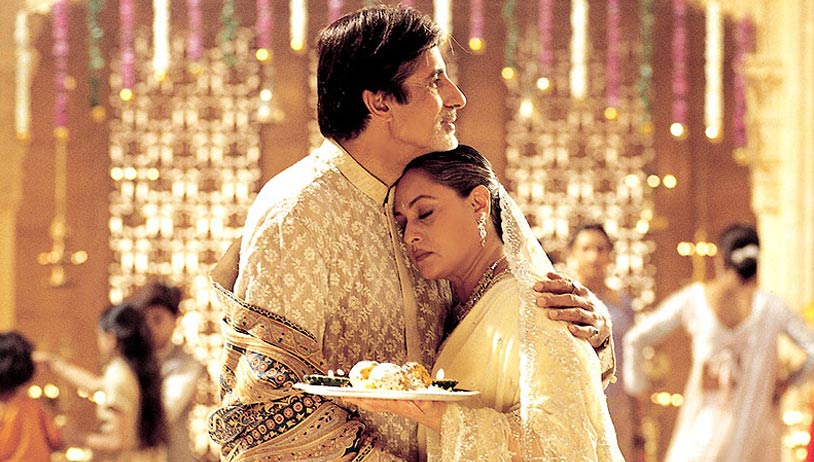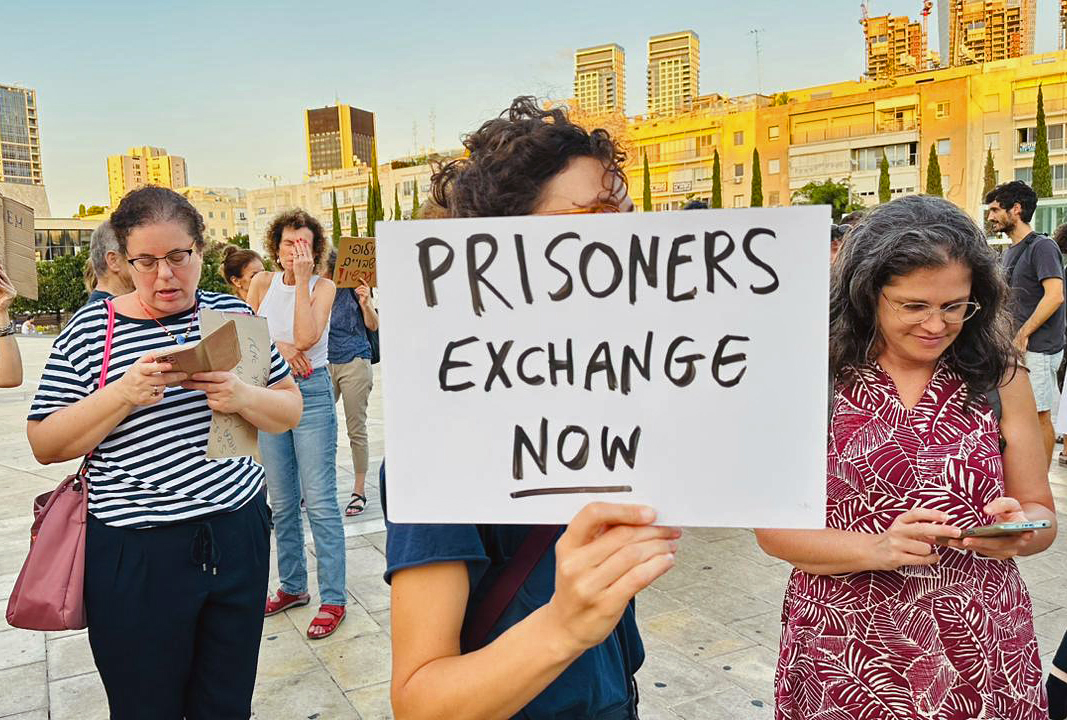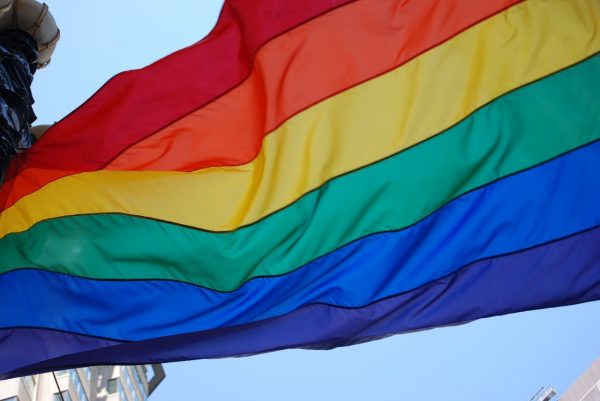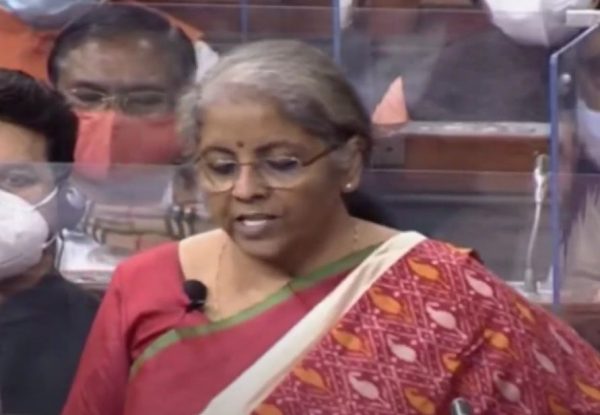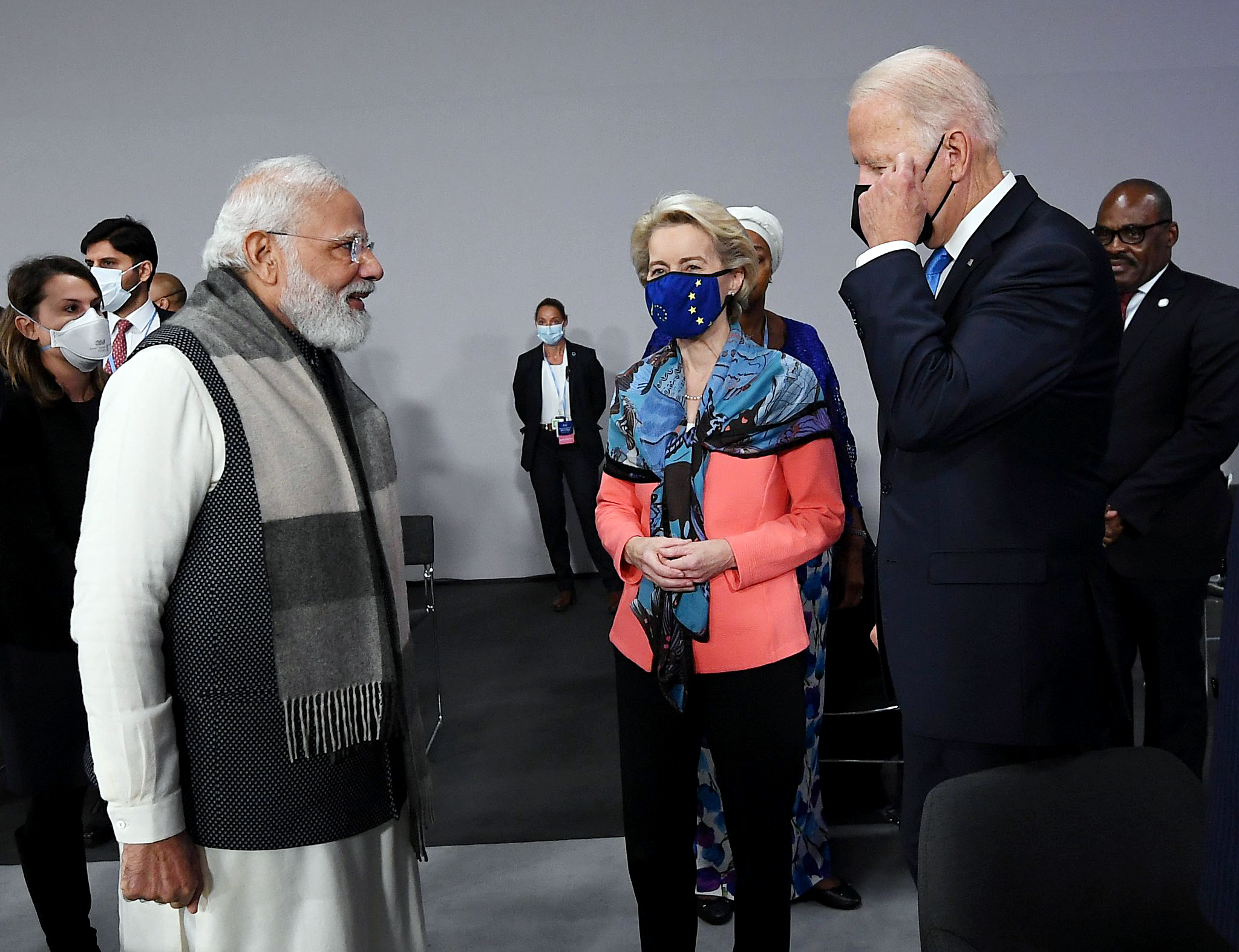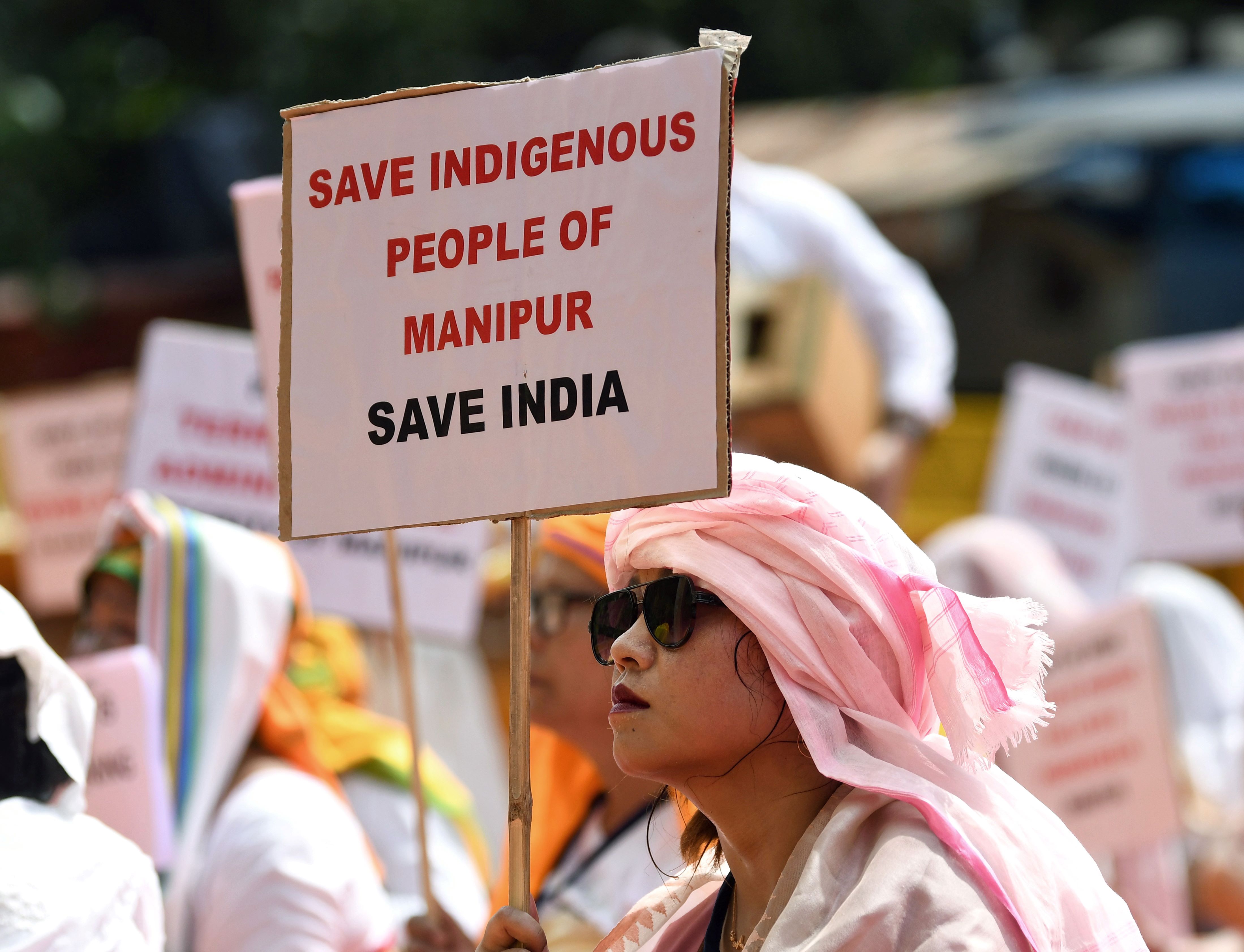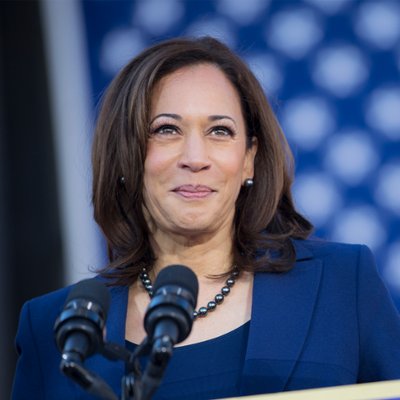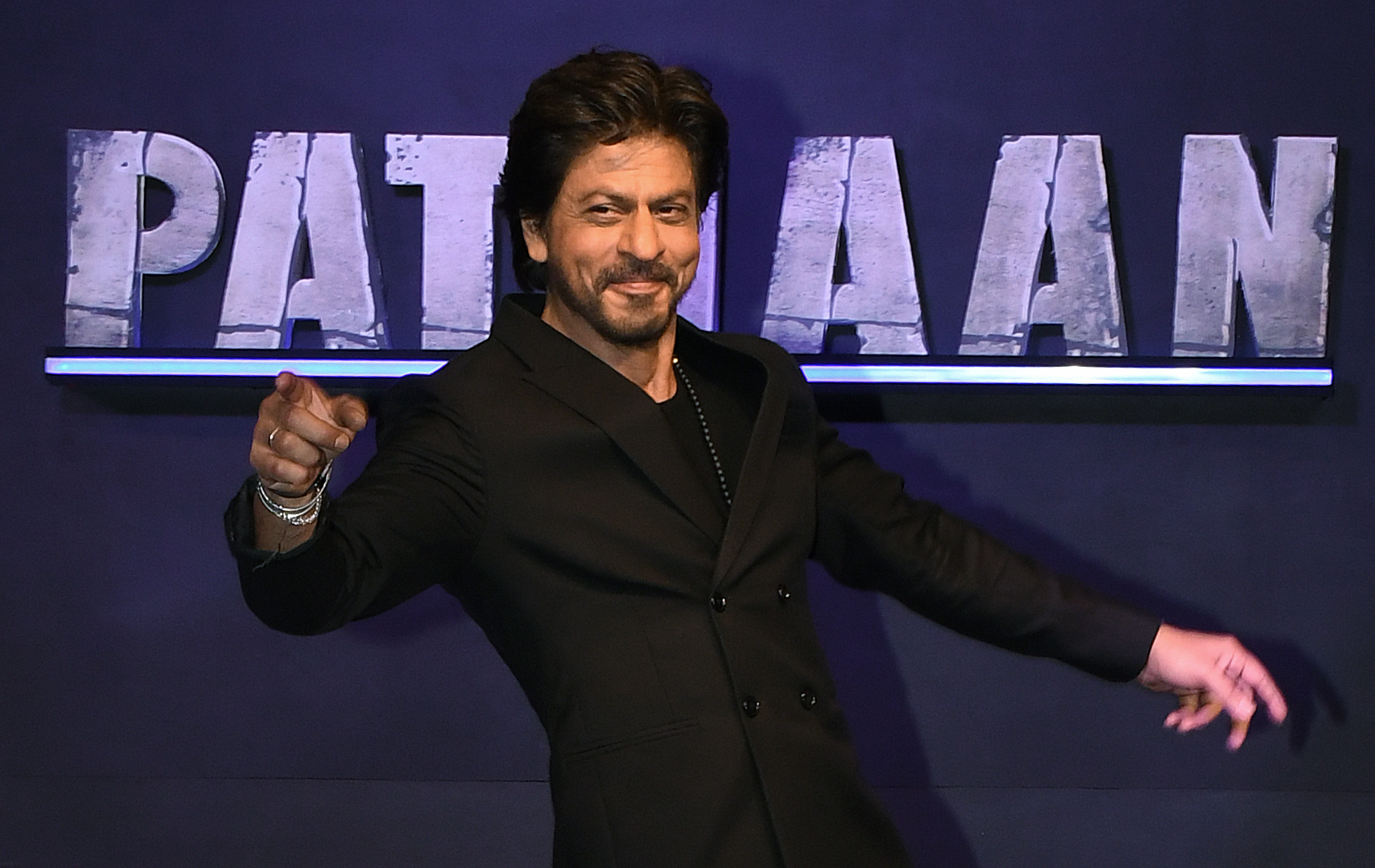From the 1940s to early 2000s, Bollywood films have shown and popularised various iconic songs on the Festival of Lights
Our Bureau
Mumbai
The festival of lights, Diwali, is here. Some iconic Bollywood scenes have become synonymous with the festival.
There are also many songs on the theme of Diwali, going back all the way to a song from the 1942 released film, Khazanchi directed by Dilkush Pancholi. The song, Diwali phir aa gayi sajani was sung by Shamshad Begum and a few others. It was picturised on Ramola, M. Ismail, Gajanan Jagirdar, and Manorama. Shot in the angan circling the Tulsi plant, the song captures the simplistic celebrations of those times.
Later in the 1943 released film called Kismet, actress Mumtaz Shanti performed to the mellifluous voice of Amirbai Karnataki’s, Ghar ghar mein Diwali hai, mera ghar main andhera. This love song composed by Anil Biswas starts on a sad note but gradually as the rendition progresses, the transition from sadness to happiness is elevating. This was a very popular song in its time and is considered a gem today.
Shamshad Begum and Geeta Dutt, together sang Aai hai Diwali, aai hai Diwali sakhi aai re for the film Sheesh Mahal, which was released in 1950. The splendid choreography on the sets that represented the Sheesh Mahal is remarkable. Director Sohrab Modi captured the gay spirit of this festival with the magnificent sets and the dance sequence.
There are two songs in the 1955 released film, Sabse Bada Rupaiya, which speak about Diwali. One is Aaye Diwali ki dulhaniya sung by Mohammed Rafi and the other is Is raat Diwali kaisi. One is a serious note the latter is a sort of comedy picturised on Shashikala and Agha.
In the 1956 Taj, there is Jahan mein aayi Diwali bade chirag jale sung by Lata Mangeshkar. Here Vaijayantimala sings this sad song with a brilliantly choreographed ‘Deep’ dance and Deepawali celebrations form the backdrop. Paisa, the only film directed by Prithviraj Kapoor, had a song, Deep jalenge deep Diwali aayi ho sung by Geeta Dutt, while the film failed miserably at the box office, the song was a big hit.
In the late 1950s, Johnny Walker’s popularity was such that he would often get a song for himself usually sung by Mohammad Rafi. In the 1959 film Paigham, he sings, Kaise Diwali manaye hum lala, apna to barra mahine diwala. Sung to evoke humour, this song highlights the plight of the poor during the festival of lights. The song gives certain levity to the film which was otherwise quite serious.
Hariyali Aur Rasta, the 1962 release, had the song Lakhon taare aasma mein magar, sung by evergreen Mukesh and Lata Mangeshkar. It was picturised on Manoj Kumar and Mala Sinha. The song focuses on the pining of two lovers juxtaposed with the festival of lights.
In the 1964 film, Haqeeqat, Aye ab ke saal Diwali, sung by Lata Mangeshkar and picturised on Priya Rajvansh, the song opens on a sombre note. It portrays the plight of soldiers away from their families during the festive season while safeguarding their nation. The song is not only slow-paced but also has lots of pathos that effectively captures the emotions of soldiers and their families.
Similarly, the 1972 film, Anurag, showed how an entire neighbourhood comes together to celebrate Diwali to fulfil the last wish of a child who suffers from cancer.
In Aditya Chopra’s Mohabbatein, Diwali signified a union which is beautifully captured in the popular song, Pairon Mein Bandhan Hai. The song celebrates the spirit of love and harmony on Diwali. The dhol beats make the song peppier and all the more exciting.
Karan Johar’s hit film Kabhi Khushi Kabhi Gham opens with a Diwali puja with its titular song sung by Lata Mangeshkar. Nowadays, this song is often used as an aarti, in joint families.
With its appealing tune and westernised rhythm, Yeh din jahan mein har kahi bharde roshni usi ke pyar ki from the 2005 released Home Delivery, instantly connects you with joyous children.
Few Diwali songs have been picturised or become popular in recent years. But the golden oldies and new hits keep the flame of Diwali burning in our hearts.
















